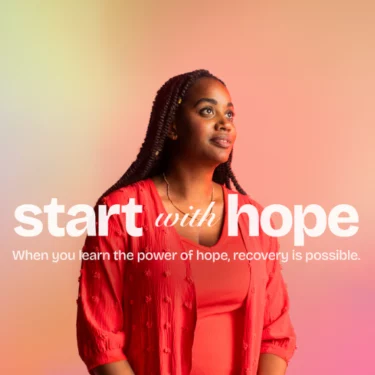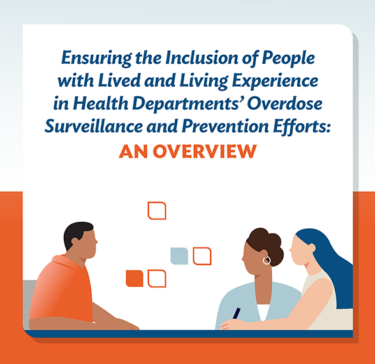Substance Use
Overdose has become a leading cause of morbidity and mortality in the United States.
The National Council is actively engaged in addressing the overdose epidemic, fostering the use of evidence-based secondary prevention, overdose prevention and opioid use disorder treatment in community, criminal justice and health care settings. We combine know-how from research, advocacy, policy and practice into projects that promote innovation across the continuum of substance use prevention, treatment and recovery.
Substance Use Updates
Receive the latest news, research and resources related to prevention, treatment and recovery by subscribing to the Substance Use Monthly newsletter.
Events
-
Act With Hope: Engagement AnywhereJul 15, 3:00 pm – 4:00 pm
Telehealth has expanded access to recovery support like never before — but how do we ensure peer recovery support specialists (PRSSs) are fully integrated and supported in these virtual spaces? This webinar will explore effective strategies for embedding PRSSs in telehealth environments, fostering strong collaboration with clinical team members and…
Read more Substance Use -
Resilience in Action: Navigating the Overdose Crisis with Limited ResourcesJul 24, 1:00 pm – 2:00 pm
It is increasingly challenging to serve communities and prevent overdose. How do we sustain community relationships and provide access to life-saving services with limited financial, human, institutional, legislative and social capital?Community-based organizations and health departments that support people who use drugs must continue to find ways to be creative, nimble…
Read more Substance Use -
PCSS-MOUD: From Crisis to Care — How CCBHCs are Revolutionizing MOUD AccessAug 14, 3:30 pm – 4:30 pm
Join the Providers Clinical Support System — Medications for Opioid Use Disorder (PCSS-MOUD) and the National Council for Mental Wellbeing on Aug. 14, 3:30-4:30 p.m. ET, as we learn from two leading experts from GRAND Mental Health, an Oklahoma-based Certified Community Behavioral Health Clinic (CCBHC), on…
Read more Substance Use CCBHC Event -
PCSS-MOUD: Creating Optimal Access for OUD Services Utilizing Stages of ChangeSep 4, 3:00 pm – 4:00 pm
Join the Providers Clinical Support System — Medications for Opioid Use Disorders (PCSS-MOUD) and the National Council for Mental Wellbeing on Sept. 4, 3-4 p.m. ET, for Creating Optimal Access for OUD Services Utilizing Stages of Change.In this webinar, we’ll explore the…
Read more Substance Use
Blog Posts
- National Council Statement on the Need To Revise Contingency Management Rules (May 2024)
- Rethinking Return to Use: New SUD Resources (April 2024)
- Lessons to Accelerate MOUD Prescribing Among Behavioral Healthcare Providers (March 2024)
- Competing Ideologies: The Quest for a Consensus on SUD Outcomes (February 2024)
- The Factors Behind Overdose Deaths Among Black Men (February 2024)
- Alcohol Consumption: A Sobering Problem (January 2024)
- MAT for the Justice-involved Can Help Free People from Addiction (October 2023)


